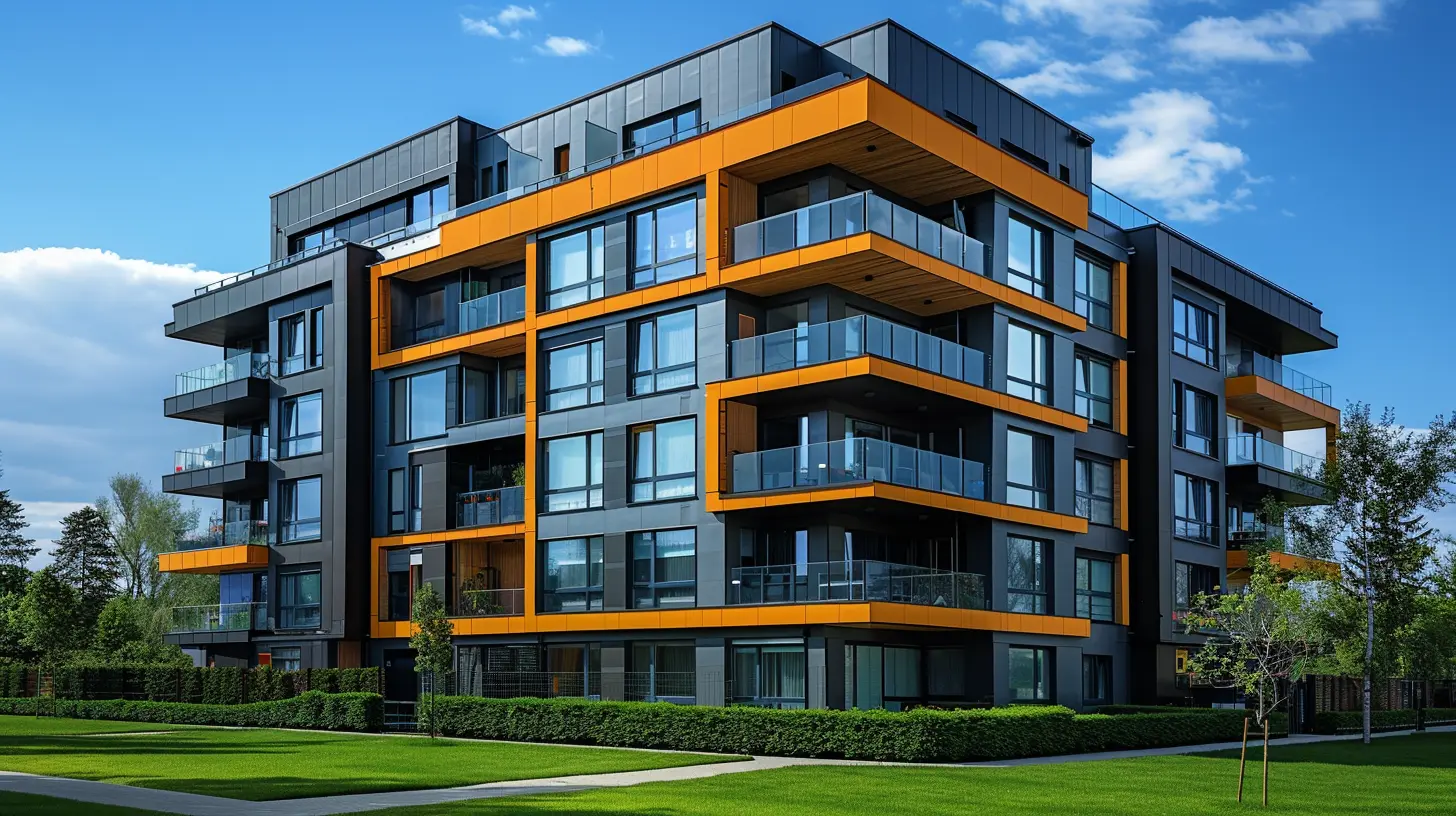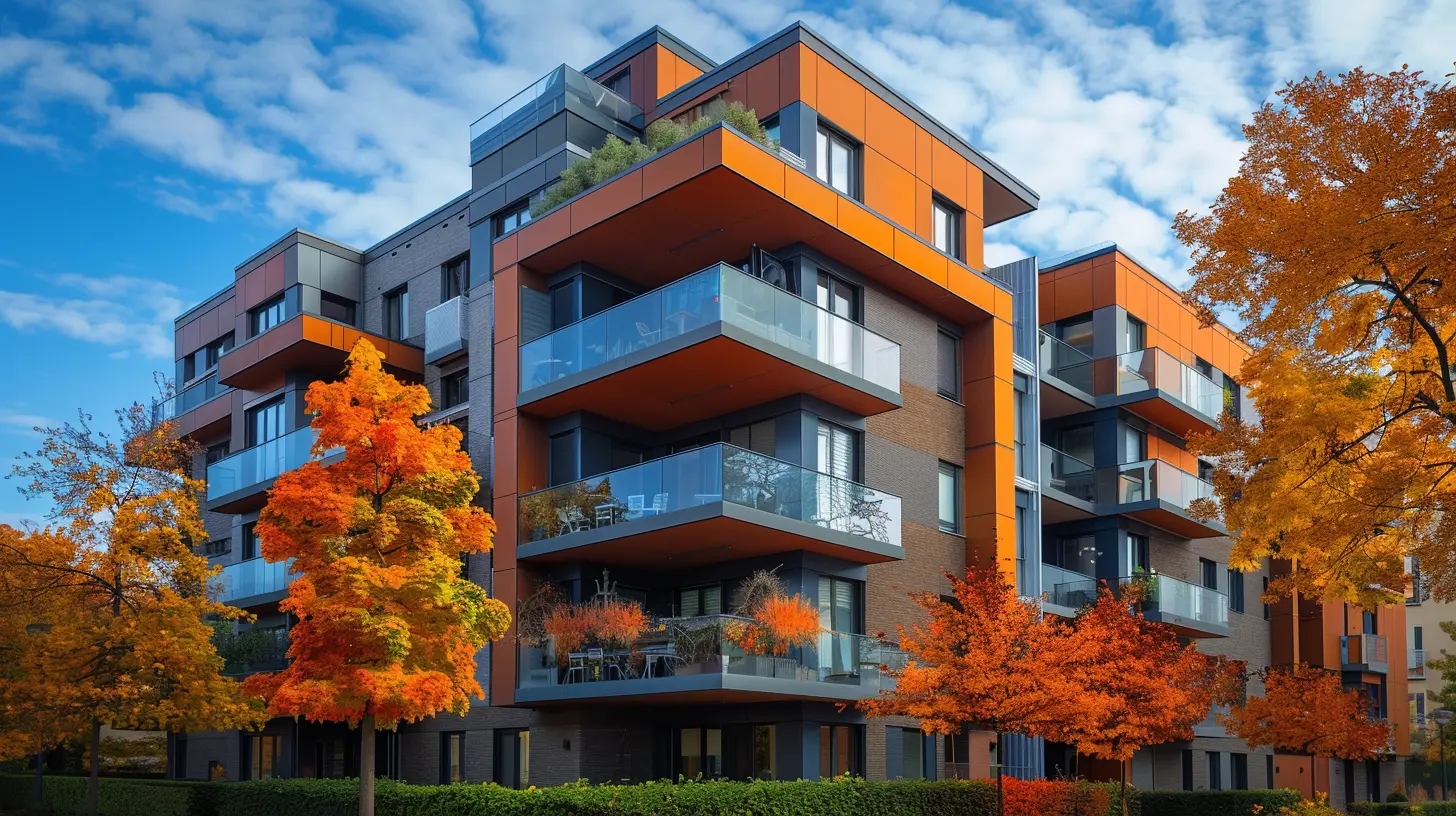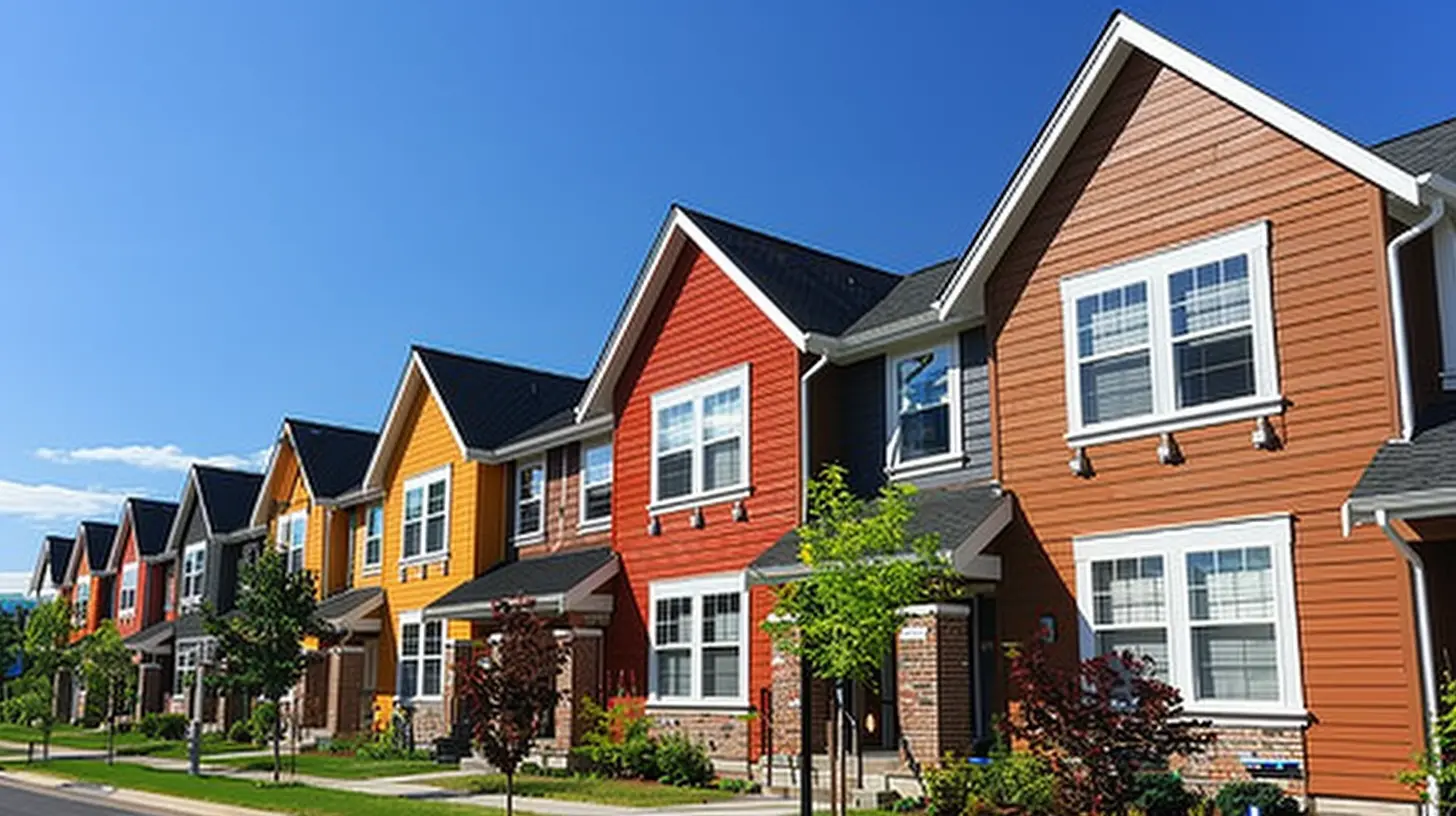What Tenants Should Know Before Signing a Lease
4 October 2025
Ever feel like leasing an apartment or house is like navigating a maze blindfolded? You're not alone. Signing a lease can feel like stepping into unfamiliar territory — with legal jargon, fine print, and clauses that seem to come out of nowhere. Whether you're renting for the first time or you've moved more times than you can count, it's vital to know what you're agreeing to before your pen hits the paper.
This guide is here to shine a light on what really matters before you sign a lease. We’ll talk about the nitty-gritty details, red flags to watch for, questions you should ask, and how to protect yourself like a leasing pro. Ready? Let’s dig in.
The Lease Is More Than Just A Piece Of Paper
We get it. You’re excited about your new place — the fresh start, the freedom, the Instagram-worthy living room. But don’t let that excitement cloud your judgment.That little document your landlord hands over? That’s not just a formal agreement — it’s the rulebook for your stay. It outlines your rights, your responsibilities, and the things that could come back to haunt you if you’re not careful.
It’s not just paperwork — it’s your protection. 
Know What’s Included (And What’s Not)
Before you get cozy, go over what your lease actually includes. Seems obvious, right? But you'd be surprised how many people skip this part and end up paying for something they thought came with the place.Here’s a short checklist (feel free to print this out):
- Utilities: Who’s paying for water, electricity, heat, gas, internet?
- Appliances: Are the stove, fridge, microwave included? What about laundry machines?
- Parking: Do you get a spot? Is it an extra cost?
- Storage: Is there a garage, attic, or locker space?
- Maintenance: Who handles repairs and how quickly?
If it’s not in writing, it doesn’t exist. So if you and the landlord talked about something that matters to you, make sure it’s stated clearly in the lease.
Read The Lease…Every. Single. Word.
Yes, we know — leases can be long, boring, and written in legal mumbo jumbo. But reading it from top to bottom is non-negotiable.Why? Because hidden in those pages could be terms that affect your daily life.
Watch out for:
- Entry Rules: Can your landlord come in anytime, or do they need to give notice?
- Late Payment Penalties: How much is the fee if the rent is late?
- Subletting Policies: Planning to travel or need a roommate? Make sure it's allowed.
- Pet Restrictions: Got a furry friend? Not all "pet-friendly" places are created equal.
- Automatic Renewal: Some leases renew by default if you don't give notice — tricky!
What’s The Lease Term? (It Matters More Than You Think)
Are you signing a month-to-month lease or a fixed-term lease (like a 12-month)? Each comes with its own pros and cons.- Month-to-Month: Lots of flexibility — but also less security and rental rate stability.
- Fixed-Term: More stable, usually cheaper, but breaking it early can cost you big time.
Think about your lifestyle and future plans. If you’re not sure you’ll be sticking around, a shorter lease might be smarter.
Get Everything In Writing — Seriously
We can't stress this enough. Verbal agreements are as fragile as a house of cards in a windstorm.If your landlord says, “Sure, you can paint the walls” or “Don’t worry about that broken lock,” get it in writing. This protects both you and the landlord from misunderstandings or “That’s not what I said” situations.
Picture this: You move out, and suddenly you’re being charged for repainting the walls even though you had permission. Yikes.
Inspect Before You Sign — Not After
Before you commit, walk through the property with a fine-tooth comb. Take photos, note damages, and ask the landlord to acknowledge these in writing.Look out for:
- Stains, cracks, or holes in walls and ceilings
- Broken appliances or fixtures
- Doors and windows that won’t lock properly
- Mold or water damage (especially in corners or under sinks)
- Pest issues
A detailed inspection protects you from being blamed (and billed!) for damage you didn't cause when you move out.
Understand Your Rent — It’s More Than Just A Monthly Number
How much is rent? Cool. But how much will you really be paying every month?Some things to consider:
- Due Date: When is rent officially late? Some leases include a grace period.
- Payment Method: Can you pay online, by check, or only through a specific app?
- Increases: Can the landlord raise the rent during your lease term? If so, by how much?
Also, ask about security deposits — how much is it, what does it cover, and under what conditions can you get it back?
Know Your Rights As A Tenant
Each state or country has different tenant laws that offer you certain rights. Your lease should comply with those laws — if not, that’s a red flag.You have the right to:
- A safe and habitable living environment
- Notice before the landlord enters your premises
- Privacy and freedom from harassment
- Fair treatment regardless of race, gender, religion, etc.
Pro tip: Spend a few minutes researching your local tenant laws. Sites like HUD.gov or your state's housing authority are great starting points.
Don’t Be Afraid To Negotiate
Think of your lease like a menu — you don’t have to order it as-is. If something doesn’t sit right with you, ask for changes.Common items you can negotiate:
- Rent amount
- Length of lease
- Security deposit amount
- Pet policies
- Move-in dates
- Parking access
You'd be surprised what landlords are willing to discuss — especially if they like you and don’t want to keep the place vacant.
Trust Your Gut
If something feels off, listen to that inner voice. Did the landlord seem shady? Was the lease rushed? Are there sketchy reviews on the property manager?Red flags include:
- Pressure to sign right away
- Incomplete or handwritten lease documents
- Refusal to repair obvious problems before move-in
- A history of evictions or legal issues with the landlord
Protecting yourself isn’t being difficult — it’s being smart.
Ask These Questions Before You Sign
Here are 10 solid questions to ask before sealing the deal:1. What’s included in the rent?
2. How are utilities handled?
3. What’s the policy on renewing or ending the lease?
4. Can I make changes to the unit?
5. What’s your maintenance response time?
6. Are pets allowed? Any extra fees?
7. Can I sublet or have guests for extended stays?
8. How is rent paid and tracked?
9. What’s the process for breaking the lease early?
10. When and how will I get my security deposit back?
Final Thoughts: Signing With Confidence
Signing a lease doesn’t have to be stressful or scary. With the right knowledge, you can walk into that lease-signing meeting with your head held high and zero regrets.Take your time, ask questions, read everything, and trust your instincts. Treat your lease like the powerful agreement it is — not just paperwork in a folder. Because the more you understand what you're signing, the more in control you are of your rental journey.
And remember: A great lease is not just about rules — it’s the foundation of a happy, hassle-free living experience.
Here’s to making your next place not just a house or an apartment, but your home.
all images in this post were generated using AI tools
Category:
Lease AgreementsAuthor:

Cynthia Wilkins
Discussion
rate this article
1 comments
Franklin Hurst
Great tips! Always good to be prepared!
October 5, 2025 at 4:59 AM

Cynthia Wilkins
Thank you! I'm glad you found the tips helpful!


